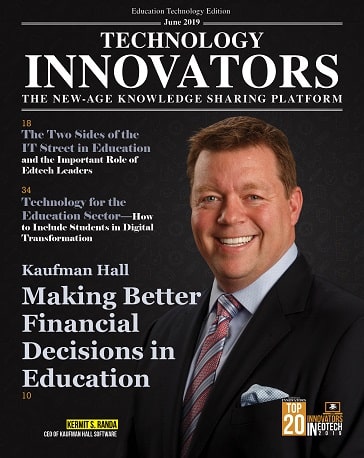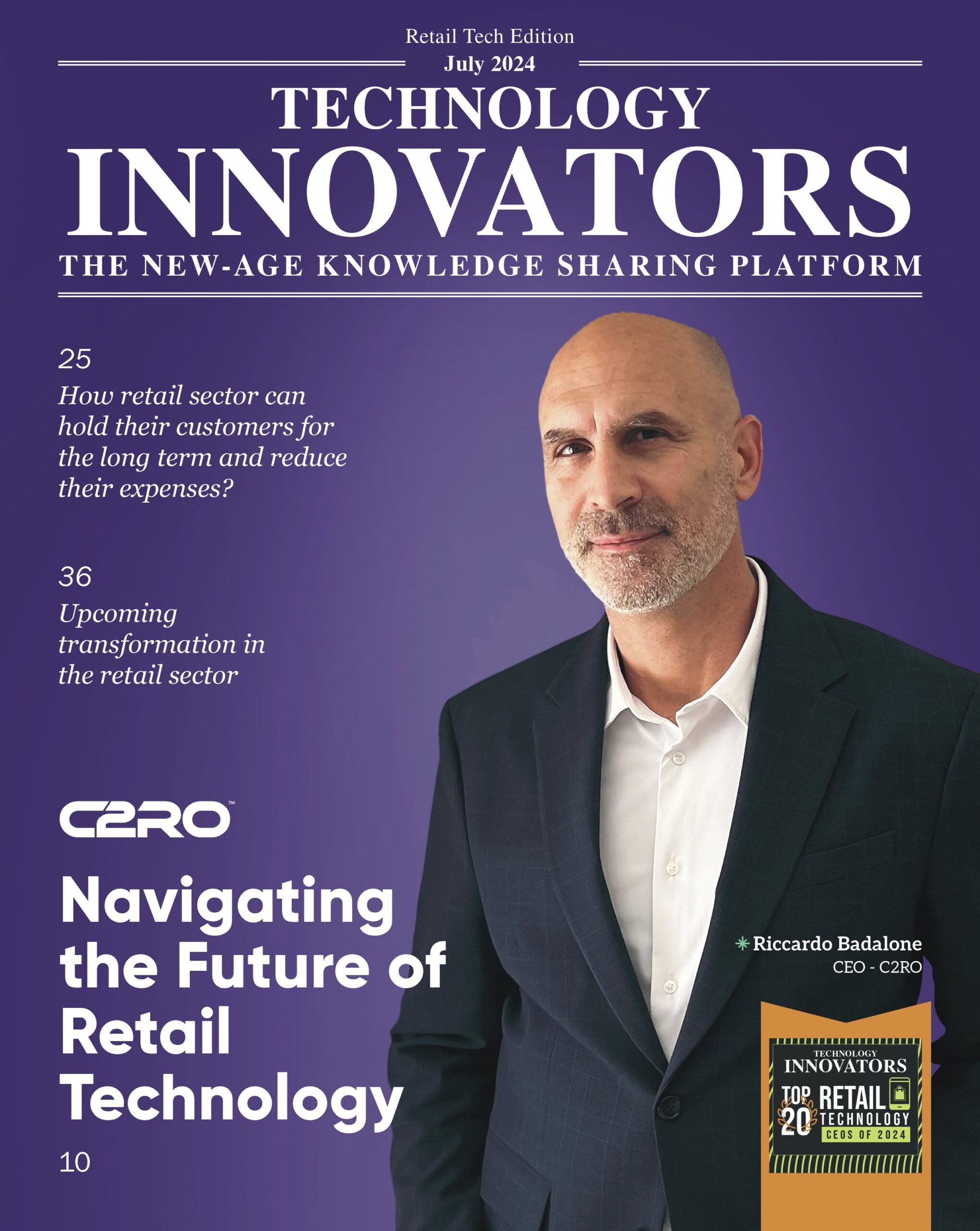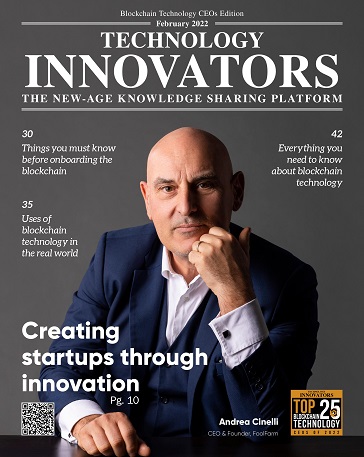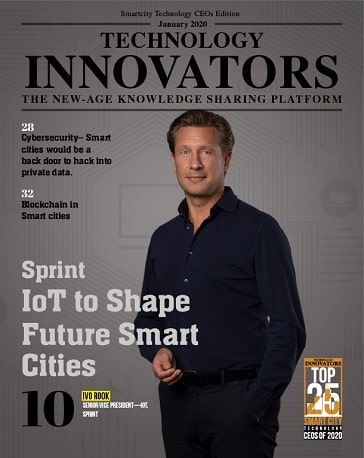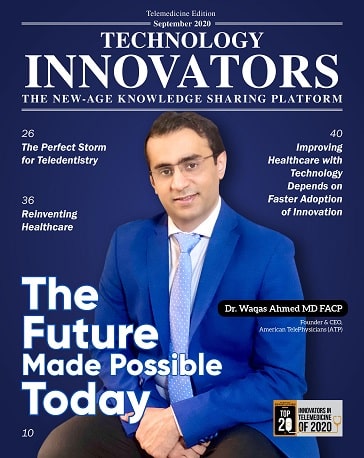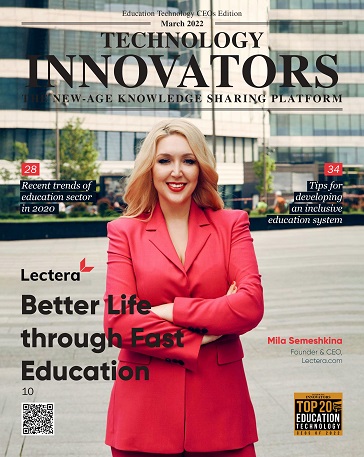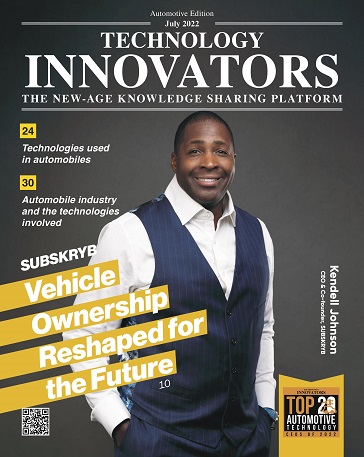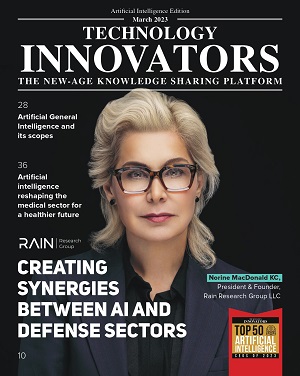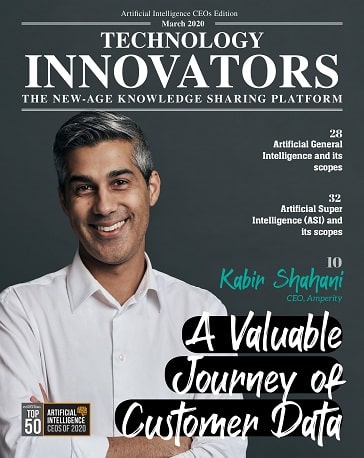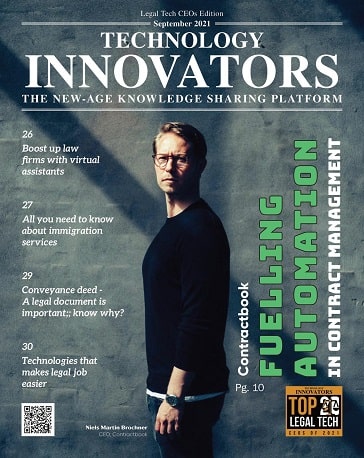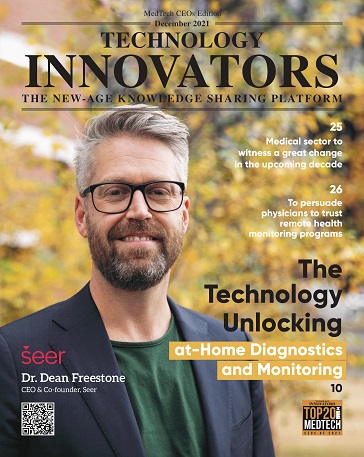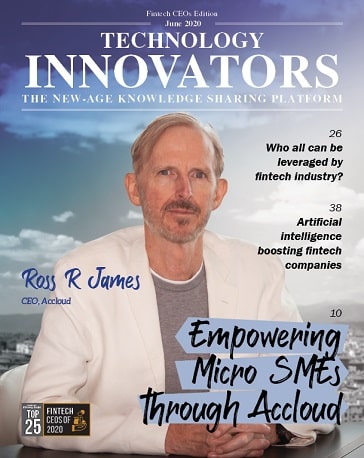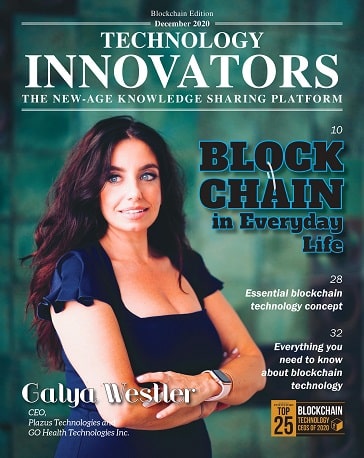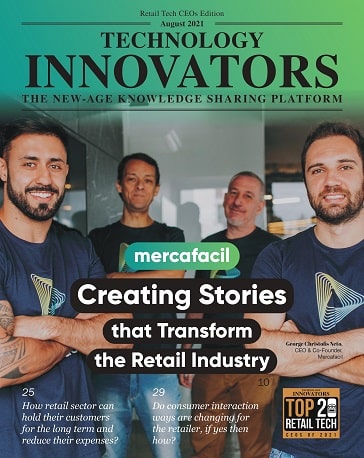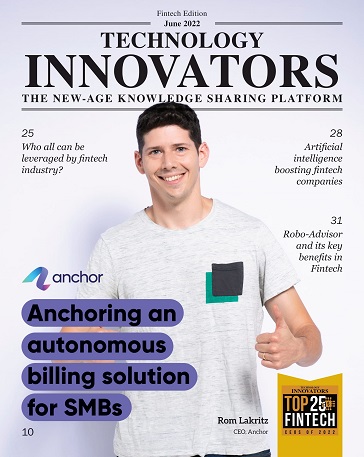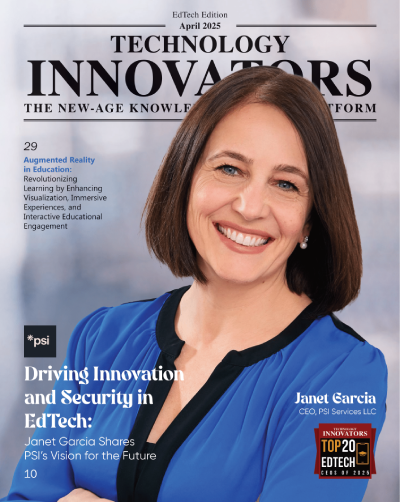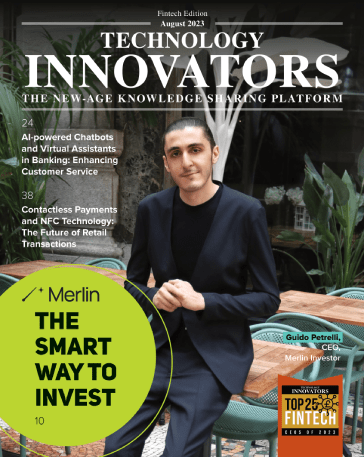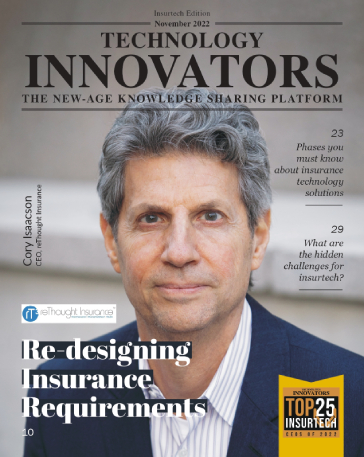Must-Subscribe Tech Magazines for Innovators
Empowering Innovation Through Technology
Explore Technology Innovators Media for insights on how technology empowers innovation. Join us to stay ahead in the ever-evolving tech landscape.
Influential Tech Publications for Industry Insights
Empowering Innovation Through Technology: The Role of Innovators in Shaping the Future
In today’s rapidly evolving digital landscape, technology is the driving force behind virtually every breakthrough in business, healthcare, education, entertainment, and beyond. Empowering innovation through technology is no longer a choice but a necessity for organizations and individuals seeking to stay competitive and relevant. From artificial intelligence (AI) and machine learning (ML) to blockchain, 5G, and quantum computing, these transformative technologies are opening up new frontiers, offering solutions to old problems, and enabling us to reach new heights of productivity, efficiency, and creativity.
This article explores how technology is empowering innovation, the ways it is transforming industries, and the innovators leading the way in harnessing these advances to shape the future.
1. Artificial Intelligence and Machine Learning: A New Era of Automation and Intelligence
Artificial intelligence (AI) and machine learning (ML) have become central to the concept of empowering innovation. These technologies enable machines to simulate human-like cognitive processes, such as learning, reasoning, and problem-solving. Businesses across sectors are integrating AI and ML into their operations, resulting in improved productivity, better customer insights, and smarter decision-making processes.
Key Innovators:
- Google DeepMind: Google’s DeepMind AI team is at the forefront of groundbreaking AI research. Their AlphaGo program, which defeated the world champion in the complex game of Go, demonstrated the incredible potential of AI. Today, DeepMind is working on AI applications in healthcare, from improving the accuracy of medical diagnostics to predicting patient deterioration.
- OpenAI: OpenAI, the organization behind the GPT-3 model, is revolutionizing the field of natural language processing (NLP). GPT-3 has the ability to understand and generate human-like text, which has profound implications for areas like content creation, customer service, and education.
- IBM Watson: IBM’s Watson AI has made a significant impact in industries like healthcare, where it assists doctors in diagnosing diseases and creating personalized treatment plans. Watson’s AI-powered tools are also used in business operations to analyze data, streamline processes, and enable smarter decision-making.
Key Applications:
- Healthcare: AI is improving diagnostic accuracy, enhancing patient care, and speeding up drug discovery. AI models are being trained to detect early signs of diseases like cancer through imaging and genetics analysis.
- Customer Service and Personalization: AI is revolutionizing customer interactions with chatbots, virtual assistants, and personalized recommendations. Companies like Amazon and Netflix use AI to suggest products and media to users based on their preferences.
- Automation and Productivity: AI-powered robotic process automation (RPA) is streamlining administrative tasks like data entry, freeing up human workers to focus on strategic activities. Companies like UiPath are leading the way in RPA solutions.
2. Blockchain: Redefining Trust and Transparency
Blockchain technology, best known for powering cryptocurrencies like Bitcoin and Ethereum, is now being leveraged for a wide range of applications beyond finance. Its decentralized and immutable nature makes it a powerful tool for establishing trust, transparency, and security in digital transactions. From supply chain management to smart contracts, blockchain is revolutionizing how businesses operate and interact with customers.
Key Innovators:
- Ethereum: Ethereum has expanded blockchain’s capabilities beyond cryptocurrencies by enabling smart contracts. These self-executing contracts automate and enforce agreements without the need for intermediaries, streamlining transactions and reducing costs.
- IBM Blockchain: IBM has been a leader in bringing blockchain technology to enterprise use cases. Their IBM Food Trust network, for example, helps businesses track the journey of food products from farm to table, ensuring safety and transparency in the supply chain.
- Ripple: Ripple is disrupting cross-border payments by offering fast and low-cost international money transfers. Its blockchain-powered platform enables banks and financial institutions to process transactions in real-time, bypassing the traditional banking system.
Key Applications:
- Supply Chain Transparency: Blockchain enables real-time tracking and verification of products as they move through the supply chain. Companies like Walmart use blockchain to ensure the authenticity of products and reduce fraud.
- Smart Contracts: By enabling the automation of contracts between two parties, blockchain-based smart contracts can be applied in industries such as real estate, insurance, and legal services, reducing administrative overhead and enhancing trust.
- Decentralized Finance (DeFi): Blockchain is powering the growth of DeFi, a new financial ecosystem that operates without traditional intermediaries like banks. Platforms like Uniswap and Aave are creating decentralized financial products such as lending, borrowing, and trading, all conducted via smart contracts.
3. 5G: Unlocking the Potential of Connectivity
5G technology is the next-generation wireless communication system that promises ultra-fast speeds, low latency, and the ability to connect billions of devices. This leap in connectivity will empower the innovation of new services and applications, ranging from smart cities and autonomous vehicles to augmented reality (AR) and virtual reality (VR). As 5G networks become more widespread, they will unlock unprecedented opportunities for business and society.
Key Innovators:
- Qualcomm: Qualcomm is one of the leaders in the development of 5G technology, providing the chips and technologies that power 5G devices and networks. Its innovations in 5G are driving the growth of smart cities, autonomous vehicles, and industrial IoT.
- Verizon: As one of the leading telecom companies, Verizon is playing a key role in deploying 5G networks across the United States. Its 5G Ultra Wideband network promises to revolutionize everything from mobile gaming to telemedicine and beyond.
- Huawei: Despite facing political challenges in some regions, Huawei continues to be a dominant player in the global 5G race, providing infrastructure and technology to telecom operators worldwide.
Key Applications:
- Autonomous Vehicles: The low-latency and high-speed nature of 5G enables real-time communication between autonomous vehicles, traffic infrastructure, and other connected devices. This can improve safety, optimize traffic flow, and facilitate fully autonomous driving.
- Telemedicine: 5G is set to transform healthcare by enabling remote surgeries and consultations with ultra-low latency. Surgeons could perform operations remotely using robotic equipment, expanding access to healthcare in underserved regions.
- Smart Cities: 5G will be the backbone of smart cities, providing the connectivity necessary for sensors, IoT devices, and AI systems to work together to manage traffic, energy, waste, and public safety.
4. Quantum Computing: The Next Frontier in Problem-Solving
Quantum computing, based on the principles of quantum mechanics, is set to revolutionize industries by solving complex problems that are currently beyond the capabilities of classical computers. Quantum computers use qubits, which can represent multiple states simultaneously, allowing them to process vast amounts of data at speeds unimaginable for traditional computers.
Key Innovators:
- IBM Quantum: IBM has been a pioneer in the field of quantum computing, with its IBM Quantum platform allowing researchers and businesses to experiment with quantum algorithms. IBM is also developing a quantum computing cloud service that enables users to access quantum computers remotely.
- Google Quantum AI: Google made headlines in 2019 with its quantum processor Sycamore, which achieved quantum supremacy—demonstrating that a quantum computer can solve a problem faster than the most powerful supercomputers.
- D-Wave: D-Wave has developed one of the first commercially available quantum computers, offering solutions that tackle optimization problems, machine learning, and complex simulations.
Key Applications:
- Optimization: Quantum computing holds immense potential for optimizing complex systems, such as supply chains, logistics, and financial portfolios. Businesses can use quantum computers to solve problems that are computationally intensive for classical computers.
- Drug Discovery: Quantum computing can model molecular structures at an atomic level, significantly speeding up drug discovery processes. This could lead to breakthroughs in medicine by helping researchers develop new treatments and therapies.
- Cryptography: Quantum computing poses both a threat and an opportunity to cybersecurity. While quantum computers could potentially break traditional encryption, they also offer the potential to create quantum-resistant cryptography, ensuring secure communication in the quantum era.
5. The Internet of Things (IoT): Connecting the Physical and Digital Worlds
The Internet of Things (IoT) is transforming the way we interact with the world by connecting everyday objects to the internet. IoT enables devices to collect and exchange data, allowing for real-time monitoring and automation across industries. From smart homes to industrial automation, IoT is powering a new era of connected devices that are enhancing productivity, efficiency, and convenience.
Key Innovators:
- Amazon: Amazon’s Alexa ecosystem has made IoT mainstream, enabling users to control smart devices such as lights, thermostats, and security cameras using voice commands. Amazon is also advancing IoT in logistics and supply chain management with its robotic fulfillment centers.
- Siemens: Siemens is a leader in industrial IoT, providing smart factory solutions that enable real-time monitoring, predictive maintenance, and supply chain optimization. Its MindSphere platform connects industrial assets and analyzes data to improve operational efficiency.
- Cisco: Cisco’s IoT solutions are helping businesses and cities build secure and scalable networks to connect millions of devices. The company is also developing IoT solutions for industries like healthcare, transportation, and energy management.
Key Applications:
- Smart Homes: IoT is revolutionizing home automation, providing homeowners with the ability to control lighting, climate, security, and appliances from their smartphones. Companies like Nest (owned by Google) and Philips Hue are leaders in this space.
- Industrial IoT (IIoT): IIoT is transforming manufacturing and industrial sectors by enabling real-time monitoring of equipment, predictive maintenance, and operational optimization. Companies like General Electric and Honeywell are using IIoT to enhance efficiency and reduce downtime.
- Smart Cities: IoT is powering the development of smart cities, where sensors and connected devices monitor traffic, waste management, energy usage, and public safety. Cities like Singapore and Barcelona are leading the charge in IoT-driven urban innovation.
Conclusion: Empowering Innovation for a Better Future
Technology is a powerful enabler of innovation, and its transformative potential is being realized across every industry. Innovators like Google, IBM, Amazon, and Siemens are leading the charge, providing the tools, platforms, and solutions that empower businesses and individuals to push the boundaries of what is possible. As we look toward the future, the continued evolution of technologies like AI, blockchain, quantum computing, 5G, and IoT will further accelerate innovation, offering new solutions to complex challenges and creating opportunities for a smarter, more connected world.
Uncover the top tech transformation trends and innovations shaping the future. Get expert insights and stay updated on the latest in technology media.
Join the Global Movement! Subscribe to Technology Innovators Magazine today and be part of the conversation that’s shaping the future of technology across the globe.
Contact us
Want to get in touch? We make it our priority to respond to every request within 24h.


